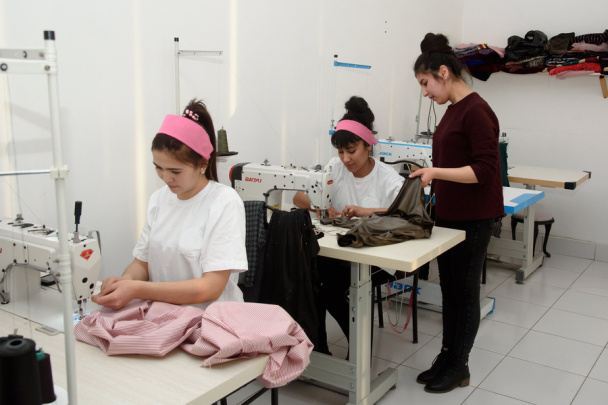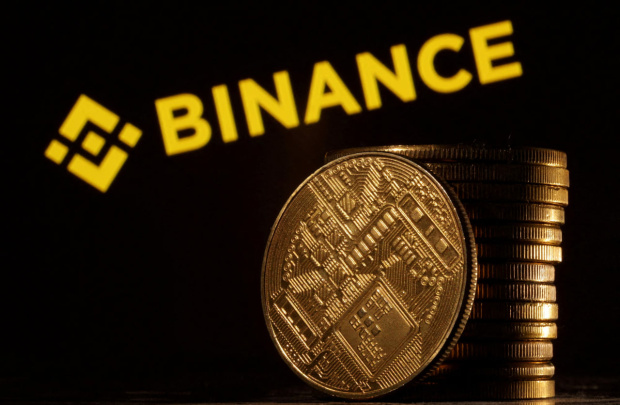The main purpose of the e-Forum was to determine ways by which the Government of Uzbekistan, private sector and civil society, and international organizations could come together, reinforce the existing policies and incentives, and create the ones for the transition to a green economy at scale, the UNDP Uzbekistan said in a statement.
The e-Forum was hosted by the United Nations Development Programme (UNDP) and the Government of Uzbekistan, particularly the Ministry of Economic Development and Poverty Reduction, the Centre for Hydrometeorological Service under the Cabinet of Ministers, and the State Committee for Ecology and Environmental Protection, the European Union (EU) and the United Nations Economic Commission for Europe (UNECE).

The international e-Forum had three objectives. First, to contextualize what it means for Uzbekistan to ‘’build forward better’’ with a focus on green recovery and bringing together all stakeholders. Second, to allow for discussion on how policies for renewables, energy efficiency, climate change mitigation, environmental stewardship and others comprising Uzbekistan’s transition to a green economy can rebuild a better and more resilient society and economy, reducing pressures on natural resources and the environment. Lastly, to formulate a set of priority directions and practical actions to support the Government of Uzbekistan through green economic recovery, both during and after the COVID-19 pandemic.
Uzbekistan’s work to develop a green economy was put in motion ahead of 2020 and the COVID-19 pandemic, particularly through the adoption of the “Strategy for the transition of Uzbekistan to a green economy in the period of 2019-2030” (further the “National Green Economy Strategy”) in October 2019. This strategy sets targets to reduce national greenhouse gas (GHG) emissions by increasing energy efficiency, enhancing the use of renewable energy, improving resource efficiency and crop yields, and limiting land degradation.

Although the implementation of the National Green Economy Strategy slowed in 2020, as resources were shifted to address the COVID-19 pandemic’s socio-economic impacts, the global health crisis emphasized the link between public health, climate and nature, and its strong impulse could be harnessed for building a green economy (as is the case with a global transition to a green and circular economy in response to changing climate).
In addition to opening and closing statements by high-level representatives of the Government, UNDP, UNECE, and EU, the e-Forum comprised of four expert-led sessions. Interactive e-Forum sessions facilitated extensive discussions about low-carbon, greener options for Uzbekistan to “build forward better”, along with priority actions and green finance instruments to decouple economic recovery from increases in GHG emissions and to strengthen the country’s resilience to climatic and non-climatic shocks in foreseeable future:
- “Building forward better: Green recovery and way forward”: enabled discussion of the pandemic’s impact on socio-economic development and formulation of green recovery plans, and the policy and financing tools available to boost efficient use of resources.
- “Identifying gaps and opportunities for green recovery in Uzbekistan”: helped to examine the National Green Economy Strategy in connection with COVID-19 recovery plans and reaffirmed UNDP’s commitment and readiness to fully support the Government’s National Interagency Green Economy Council through the provision of targeted long-term technical assistance, advisory and coordinating support, capacity building, facilitating multi-stakeholder consultations, and assisting with mobilization of funds from donors and investors.
- “Deep dive on green financing instruments”: covered existing national and international experience with relevant finance instruments, while identifying factors that reduce the risk for green investments, and existing international funds and institutions financing related projects.
- “Enabling environment for the digital transformation in the private sector”: allowed to identify best practices in public-private partnerships and challenges related to legal frameworks, financing and infrastructure that should be addressed in order to fully unlock the potential of the private sector in supporting the digital transformation and green recovery of Uzbekistan.
All four sessions facilitated intensive multi-stakeholder discussions, and the e-Forum itself closed with an overview of jointly agreed priority actions for Uzbekistan’s green recovery and transition to a green economy at scale. The forum was attended by over 350 representatives of the local private and public sector, civil society, international organizations, the media, and members of the broader public.

In support of discussions and joint recommendations of the Forum, the Policy Brief on “Green Recovery and the Transition to Green Economy in Uzbekistan” was developed and presented during the Forum. The Policy Brief identified priority sectors for green recovery, analyzed opportunities and challenges in these sectors, and provided the Government with a comprehensive list of priority green policies, actions, and practices that could facilitate the operationalization of the National Green Economy Strategy.
The Policy Brief will be used to facilitate long-term engagement of UNDP and other international development agencies and donors with the Government of Uzbekistan in such areas as water use efficiency, wastewater treatment and reuse, decarbonization and transition to renewable energy at scale, waste management, recycling and reducing the environmental footprint of landfills, promoting the use of electric transportation, advancing urban planning and development with more focus on green infrastructure and nature-based capital, greening industrial, construction and housing practices, greening and increasing added value in supply chains, increasing resource productivity and sustainability (especially in agriculture), access to green investments for a private sector, and raising awareness about environmental stewardship, all of which could contribute to a greener and resilient development of Uzbekistan in the post-COVID19 world.
The priority actions discussed in the Policy Brief and recommendations of the e-Forum will be presented to the Government of the Republic of Uzbekistan to initiate extensive consultations and joint research in the framework of the UNDP Project “Towards Green Recovery in Uzbekistan”. The ultimate expected outcome of this process is to elaborate a roadmap and investment strategy for the Government-led transition of Uzbekistan to a green economy at scale.






